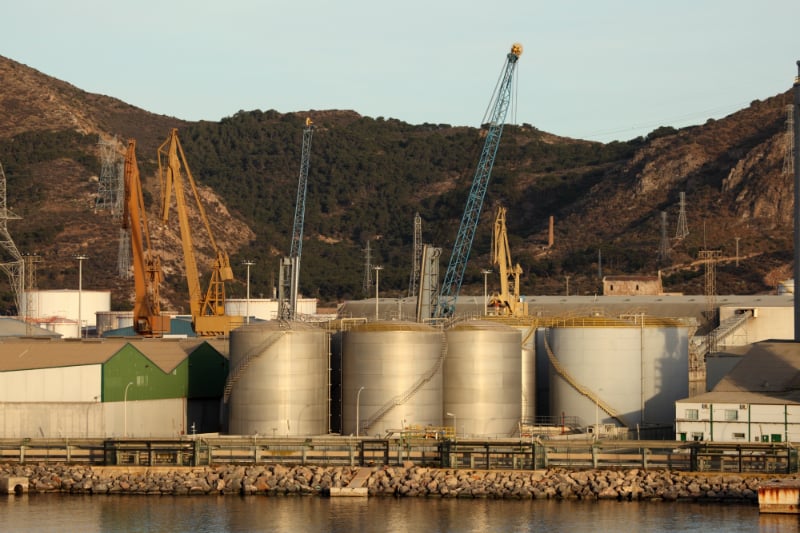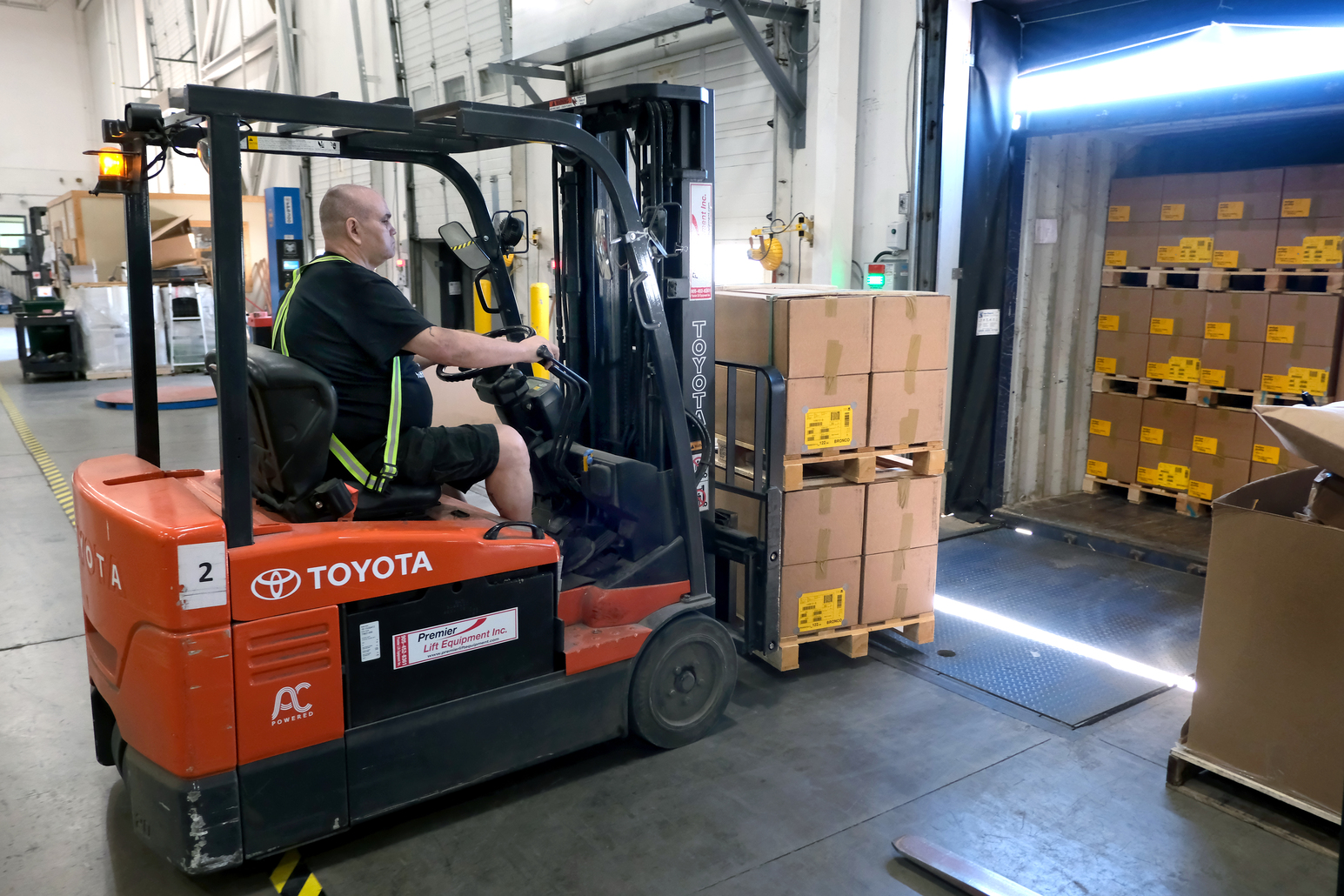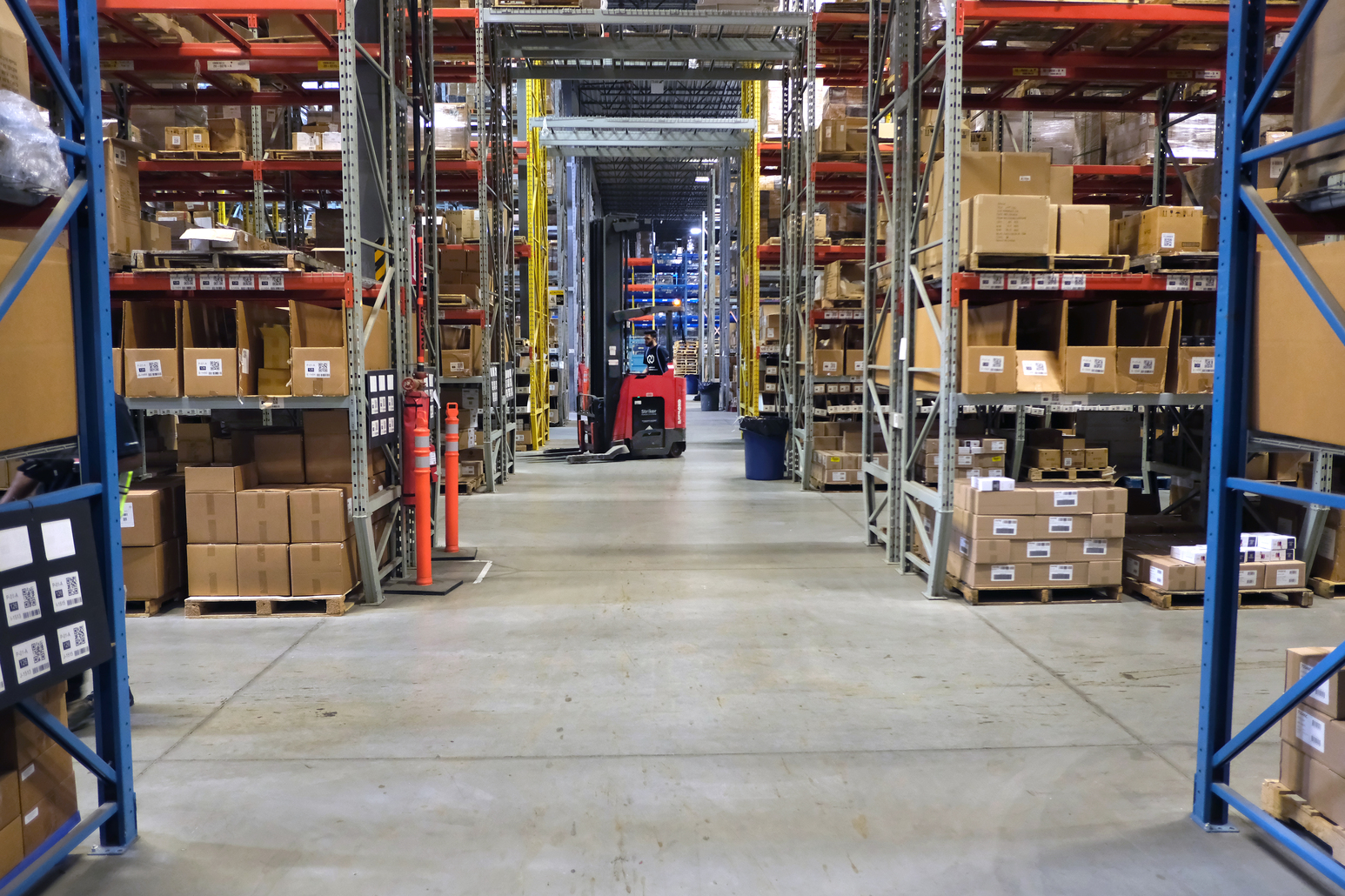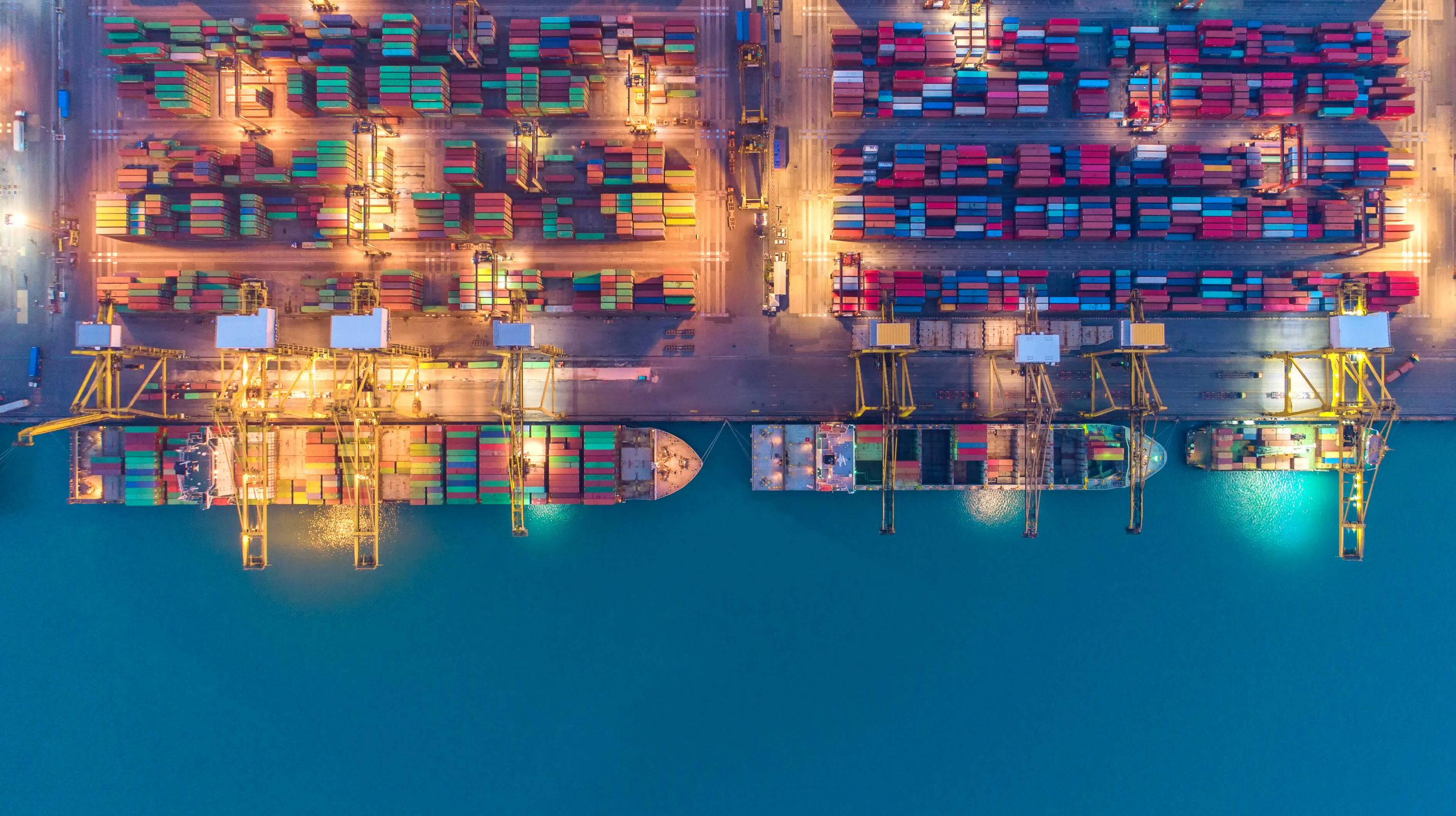By now almost everybody in our business is cognizant of the impending Low Sulfur Surcharge coming into effect January 15, 2015. We are also very aware of the implications these levies will have on our freight rates. However, most of us, yours truly included, are perhaps blissfully unaware of the steps leading up to these unprecedented measures, and what, if any, benefits there are to worldwide trade and perhaps more importantly to mankind itself.
What types of fuel have traditionally driven the world’s merchant marine?
Steam driven vessels replaced sailing ships between the early 19th century and the opening years of the 20th. The advent of diesel engine in the late 1800’s brought forth the era of heavy fuels used to power diesel motors. Between about 1920 through the mid 70’s diesel powered vessels dominated the planets ocean going fleets accounting for about 97% of all merchant vessels.
Heavy oils encapsulate a vast spectrum of various distillates one of which is bunker fuel, a term we in the shipping business are intimately familiar with….the good old BAF. Bunker oil, whose name is derived from the tanks on ship and in ports in which it is stored, is essentially the bottom of the barrel in oil distilling, and contains naturally occurring levels of sulfur. In times of old, the percentage of sulfur in bunker was at about 5% – 6%.
Sulfur is a natural component in crude oil that ends up in bunker unless removed. Sulfur emissions from bunker fueled engines impair the effectiveness of emission control systems and contribute to air pollution. Reducing the sulfur content in all fuels enables advanced emission controls and reduces air pollution. Without removing sulfur from crude oils, sulfur emissions will continue to rise, affecting climate change and increasing the toxicity of the air we breathe.
What adverse effects does sulfur have on the environment?
Sulfur is present in the atmosphere in many different forms (Ironically all living inhabitants including humans require sulfur. It provides the necessary amino acids, which we take in through proteins). However derivatives like sulfur oxide (SO₂) found in substances such as bunker fuels are in fact quite toxic. According to the EPA, the following is a list of human faculties affected by increased SO₂ levels in the atmosphere:
– Neurological effects and behavioral changes
– Disturbance of blood circulation
– Heart damage
– Effects on eyes and eyesight
– Reproductive failure
– Damage to immune systems
– Stomach and gastrointestinal disorder
– Damage to liver and kidney functions
– Disturbance of the hormonal metabolism
– Dermatological effects
– Suffocation and lung embolism
Increased SO₂ levels in the atmosphere are also a major contributor to acid rain and air quality levels. Should SO₂ levels, not be checked or reduced, the aforementioned ailments will continue to worsen.
In a nutshell, it may be impossible to reduce air pollution without getting sulfur removed from fuels, and no significant air pollution strategy can work without reducing fuel-sulfur / sulfur levels to near zero levels.
Imposed reductions in sulfur levels
In October, 2008, the Marine Environment Protection Committee (MEPC) a sub of the International Maritime Organization (IMO) decided unanimously to gradually reduce the levels of sulfur oxide permitted exhausted from vessels. Globally, the maximum sulfur content was reduced from 4.5% to 3.5% as of January 1, 2010 and subsequently will be further reduced to 0.5% by January 1, 2020. However, for the Sulfur Emission Control Areas (SECA) which include Canada, the USA, and much of Europe, the reductions are much more aggressive: July 1, 2010 down to 1% and as of January 15, 2015, down to 0.5%. According to a study by the IMO, the use of heavy fuels will have to be abandoned once sulfur levels drop below 1%, thus increasing fuel costs considerably, as carriers will need to purchase much cleaner bunker.
Some ship owners will attach scrubbers to their aging vessels; however this is a stop gap solution and has its own set of legal parameters which must be adhered to. A few of the new buildings ordered recently are equipped with Liquefied Natural Gas (LNG) bunker tanks, however these tanks take up almost double the area of oil bunker tanks and thus reducing cargo capacity. This method of powering vessels is currently the cleanest.
What are the ramifications?
Rates will definitely rise, as carriers will not be in a position to absorb these costs. The big question everyone wants answered is how big will the pound of flesh be? Most carriers with whom I have spoken state that they expect fuel prices to be about 50% higher than they are today in the SECA designated areas. How does that translate into increases per TEU? Well, every carrier will have its individual formula. Carriers that operate exclusively within SECA areas will invariably have a higher overall premium to those operating global fleets and who are operating much of their fleet outside SECA. A sampling of increases on a few key trade lanes:
– North Europe – US East Coast/Canada: USD 65 / TEU
– US East Coast – North Europe/Canada: USD 65 / TEU
– North Europe (incl Baltics) – US East Coast/Canada: USD 115 / TEU
– US East Coast/Canada – North Europe (incl Baltics): USD 115 / TEU
– East Asia – North America: USD 60 per 20’ & USD 80 per 40’
– North America – East Asia: USD 75 per 20’ & USD 95 per 40’
As you can see by the above, SECA to SECA areas are a premium over SECA to Non SECA areas. How increases in the future will play out is anyone’s guess. I suspect that the carriers will try and be a gentle as possible, perhaps even incurring losses at first, but eventually they will have us up to the levels commensurate with their expectations.
Personally, and from the point of view of a member of the modern society, I believe that this is a very important and necessary implementation in order to improve life for future generations. Invariably there are and will be detractors, however as with all new and somewhat unpopular (read: controversial) rate disbursements, we will all have to contend with the new reality.
If you have any transportation / project cargo needs, Mantoria Inc is well positioned to help. At Mantoria, we specialize in project cargo, and can handle your projects seamlessly. Please contact us today for more information.



